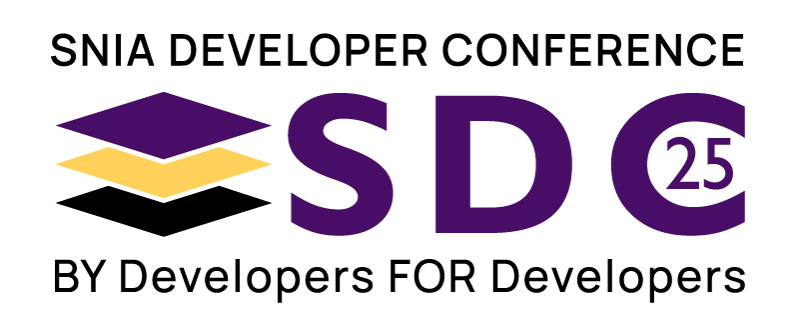Local disk emulation using domain-specific hardware poses a great opportunity for innovation in the storage domain. Standard host-side drivers like NVMe or virtio-blk and legacy applications can be enabled to access disaggregated storage at scale using state-of-art protocols like NVMe-oTCP while increasing performance through offload of storage services to the hardware (SmartNIC/DPU/IPU/xPU). In this talk, we present how IPDK, an open-source, vendor-agnostic framework of drivers and APIs for infrastructure offload and management can be used to dynamically create multiple virtual storage devices which a tenant uses to access a remote storage target using standard para-virtualized host-side virtio-blk or NVMe drivers. The attendees will learn how they can use IPDK to exercise the above scenario in a fully containerized environment using KVM-based IPU simulation suitable for rapid prototyping and then run their use cases on accelerated platforms. To demonstrate the HW-agnosticism of the solution we will show how the exact same host-side SW-stack used for prototyping can be used with a real HW-accelerated FPGA-based SmartNIC or an ASIC-based IPU.
Storage Virtualization and HW-agnostic Acceleration using IPDK and xPU
Thu Sep 15 | 11:05am
Location:
Fremont A/B
Abstract
Learning Objectives
- Learn how IPDK - a Linux Foundation Project for Open Programmable Infrastructure - can help you benefit from a vendor-agnostic, open ecosystems of tools and recipes in storage applications.
- Learn how existing applications can use standard host-side drivers like NVMe or virtio-blk and still benefit from accessing remote storage at scale and run on accelerated platforms like SmartNICs/IPUs/xPUs.
- Learn how you can easily start prototyping solutions at no infrastructure cost in a fully containerized environment using KVM-based IPU simulation.
- Learn about supported HW-accelerated platforms for storage services offload and how new platforms can be integrated with IPDK and usable in a truly HW-agnostic manner.
---
Deb Chatterjee
Intel Corporation
Related Sessions











